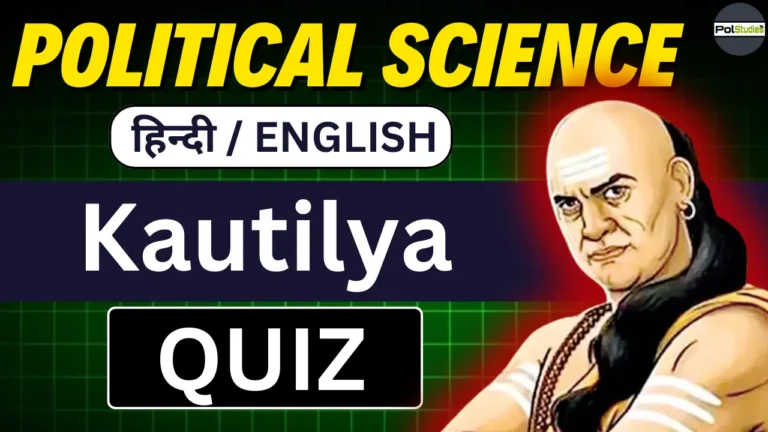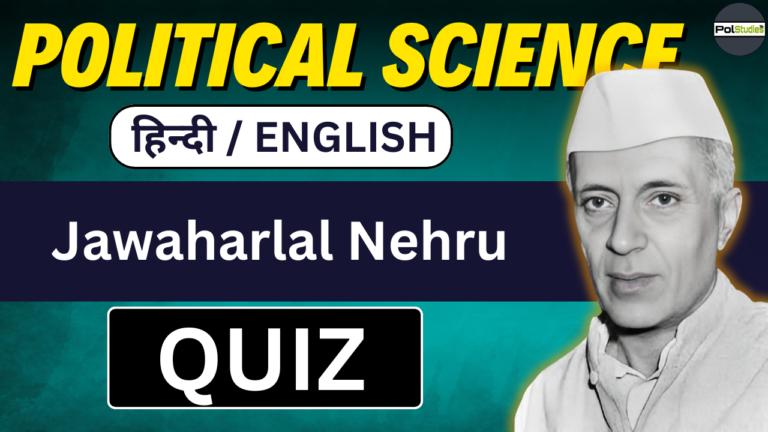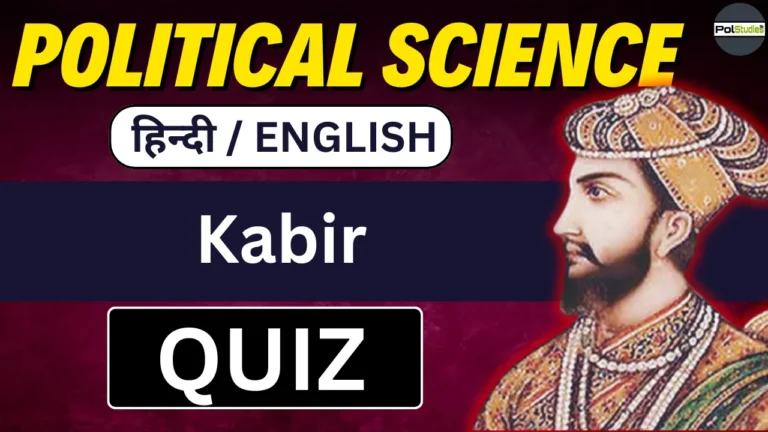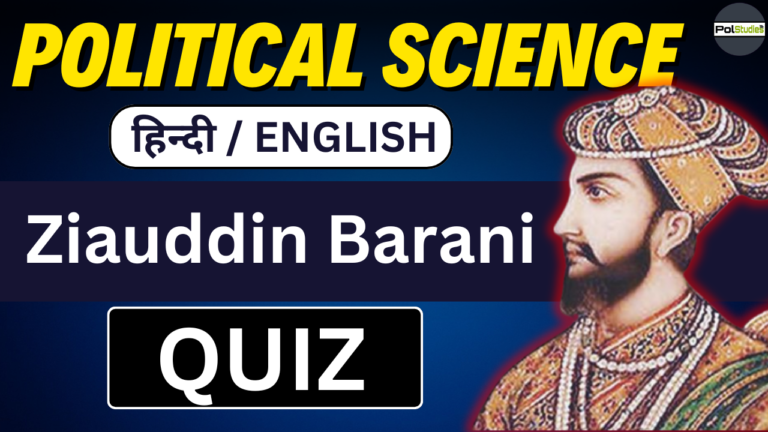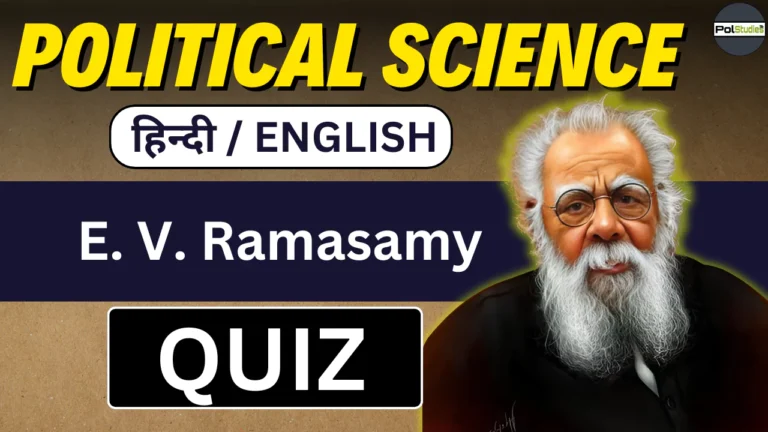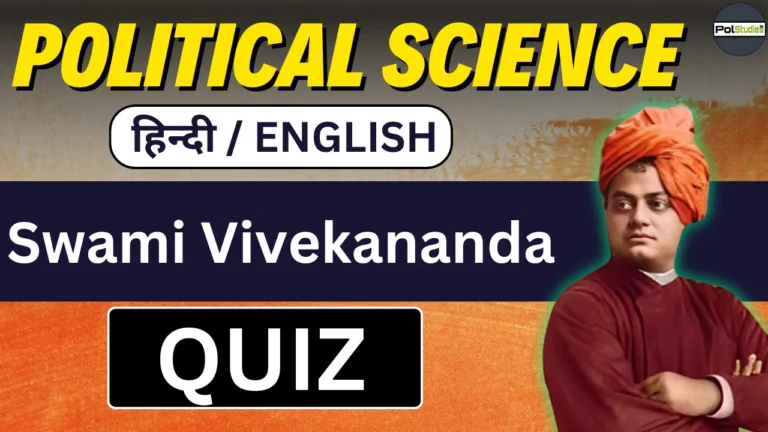Rabindranath Tagore Major Theories | Notable Works | UGC NET | CUET-PG
1. Introduction:
Rabindranath Tagore (1861–1941) was a Bengali polymath—a poet, philosopher, educationist, and political thinker. He was the first non-European to win the Nobel Prize for Literature in 1913 for his book Gitanjali.
- He was born in Kolkata into an elite and progressive family.
- Tagore played a critical role in shaping modern Indian identity, especially through his philosophy of humanism, universalism, and cultural nationalism.
- He founded Visva-Bharati University in Santiniketan to promote a holistic and international approach to education.
Whatch on YouTube
2. Major Philosophical and Political Ideas:
Tagore’s philosophy integrated humanism, spirituality, nationalism, and education. His political thought was ethical and cultural, rooted in individual freedom and universal harmony.
(a) Spiritual Humanism:
- Tagore believed in the infinite divine within every human being.
He promoted a religion of man (manav dharma) over organized religion. - His humanism was spiritual but not sectarian, emphasizing compassion, dignity, and unity of mankind.
(b) Critique of Nationalism:
- Tagore was critical of aggressive nationalism, especially the Western model that prioritized the nation over the individual.
- In his book Nationalism, he warned that blind patriotism leads to violence and dehumanization.
- Though he supported India’s freedom, he believed true liberation comes from inner transformation and cultural freedom, not just political independence.
(c) Internationalism and Cosmopolitanism:
- Tagore was a strong advocate of global unity, cross-cultural exchange, and international cooperation.
- His idea of “Visva-Manava” (universal man) emphasized the unity of all human beings beyond race, nation, or religion.
- He had a deep faith in dialogue among civilizations, particularly between East and West.
(d) Philosophy of Education:
- Tagore’s educational philosophy was based on freedom, creativity, and self-realization.
- He emphasized learning in natural surroundings, expression through art, music, and literature, and global human values.
- At Visva-Bharati, he aimed to combine Indian tradition with Western knowledge.
“The highest education is that which does not merely give us information but makes our life in harmony with all existence.”
(e) Swaraj (Self-Rule):
- Tagore supported Swaraj not just politically but spiritually and morally.
- He stressed self-discipline, moral awakening, and freedom of thought.
- He criticized mechanistic politics and narrow identity politics, advocating for a holistic self-rule rooted in ethical living.
Quiz in English
3. Major Works:
| Work | Category | Theme |
|---|---|---|
| Gitanjali (Song Offerings) | Poetry | Spirituality, surrender to the divine, inner joy |
| Nationalism (Essays) | Political Thought | Critique of Western nationalism and its dangers |
| The Religion of Man | Philosophy | Unity of all religions through humanism |
| Sadhana | Essays | Indian philosophical and spiritual ideas |
| Ghare-Baire (The Home and the World) | Novel | Inner conflict between nationalism and universalism |
| Chokher Bali, Gora | Novels | Social reform, identity, gender issues |
| Visva-Bharati University | Institution | Experimental global university promoting East-West dialogue |
Quiz in Hindi
4. Legacy and Relevance:
- Tagore shaped modern Indian thought with his vision of freedom, culture, and internationalism.
- He is regarded as a precursor to modern secular and ethical humanism.
- His songs (Rabindra Sangeet) are integral to Bengali identity; he wrote the national anthems of India and Bangladesh.
- Tagore’s emphasis on ethical nationalism and global unity remains deeply relevant in today’s world.
5. Conclusion:
Rabindranath Tagore was not only a literary genius but a profound thinker whose ideas transcended time and geography. His synthesis of tradition and modernity, his critique of nationalism, and his vision of a free, ethical, and culturally enriched India make him one of the most important figures in modern Indian political and philosophical discourse.


